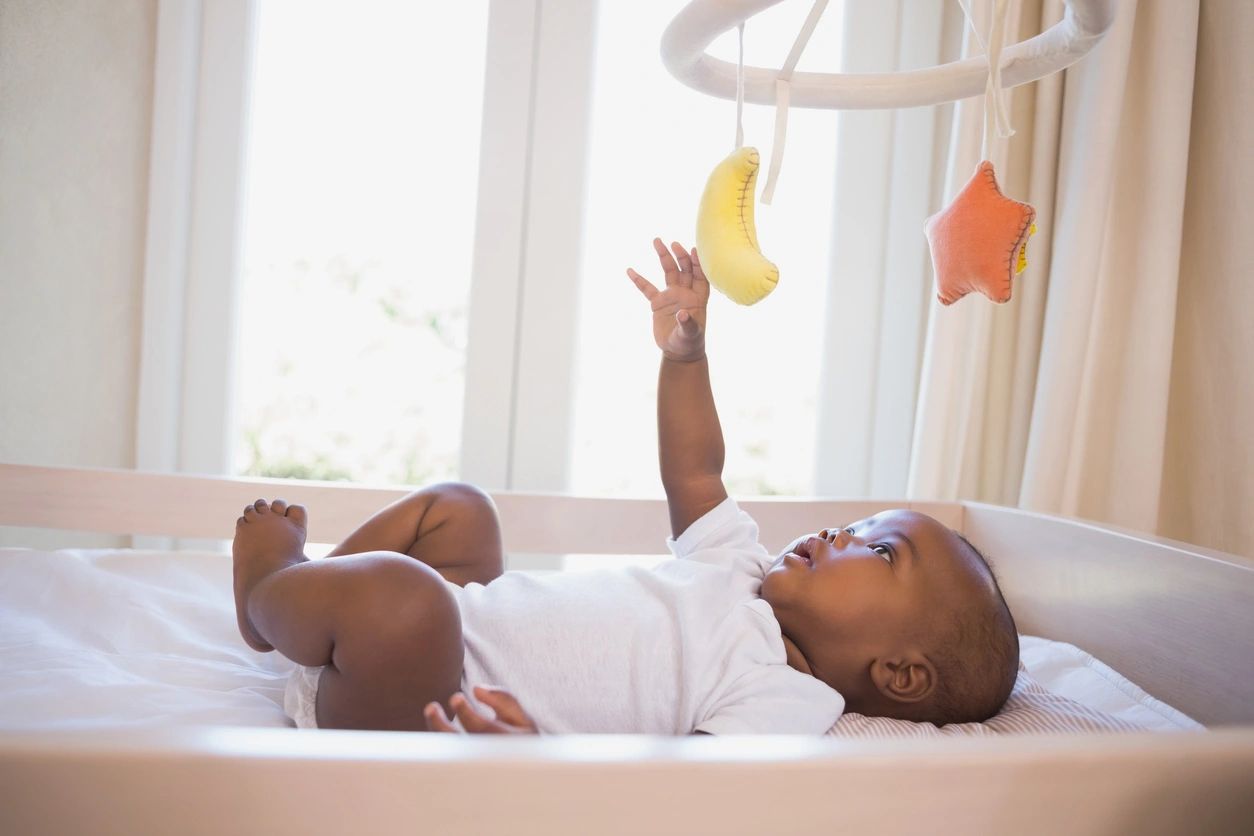Safe, secure and responsive relationships nurture the infant brain. These relationships shape emotional circuits in the brain that are integral for lifelong mental health and cognition. They are the most important part of the early years. When we look for childcare, in our home or outside the home, the relationship our baby has with a caregiver is the most important.
WHAT TO CONSIDER WHEN LOOKING FOR CHILDCARE FOR INFANTS, 0-3 YEARS?
Temperament Of Child.
Temperament describes how babies react to the world, and to new caregivers. Babies are born with temperaments that cannot be changed. Some babies are easygoing and will accept care from a new caregiver quickly and easily. Other babies are high needs, slow to warm up or a combination. These babies will need more time to be comfortable with a new caregiver.
Even when a baby is comfortable with a caregiver, babies can go through periods when their separation anxiety peaks.
Instinct.
When you meet a caregiver, inside your home or at a daycare / preschool, pay attention to your instinct. What is your immediate reaction to the person? How do you feel when they interact with your child? If you’re feeling hesitation, keep looking for a caregiver that feels comfortable. It is reasonable to have a trial period where you can observe how a caregiver interacts with your baby and gage how you feel.
Communicate Your Parenting Style To The Caregiver.
Talk to the caregiver about your parenting style to see if they inherently support your style.
Initially, Spend Time With Your Baby And The Caregiver.
It is important to show your baby that the caregiver is a safe person. Our babies constantly look to us to gage if people are safe. Spend as much time as needed with your baby and the caregiver. If you and the caregiver get along, laugh and have fun, your baby will see the person is safe and will form a bond with them. If the caregiver is at a daycare / preschool, look for a program that has a transition period where you go to the program with your baby. Make sure to make connections with the caregivers during this time. Otherwise ask if the program will allow you to attend with your baby until they are comfortable. If there is no transition you could ask if you can set up a few meetings with the caregiver outside of school.
Look For A Low Child Caregiver Ratio.
In order for your baby to have responsive care, they need access to a caregiver. Try to find a place where the ratio will allow your child to have a close relationship with a caregiver who is able to be responsive.
If You Don’t Have A Choice For Childcare, Work With What You Have.
Childcare can be very hard to come by. Often we don’t have a choice of a daycare or preschool or there is one family member available to provide care. In these situations, it is important to advocate for what your baby needs. Engage in continued dialogue about the importance of responsive care and your baby’s development.
Meet Dr. Greer Kirshenbaum
Greer Kirshenbaum PhD is super excited to be the first Neuroscientist Doula and the first Neuroscientist Infant Sleep Educator. Greer’s company, Nurture Neuroscience, is on a mission to revolutionize the future of health. Greer wants families and perinatal practitioners to understand how early caregiving experience can boost mental wellness and diminish depression, anxiety, and addiction in adulthood by shaping babies’ brains through simple intuitive enriching experiences in pregnancy, birth and infancy. Greer works with families to support infant sleep, teaches courses, provides consultations in pregnancy and infancy and is a birth and postpartum doula. She is currently facilitating an Infant Sleep Educator Certification with Bebo Mia.














